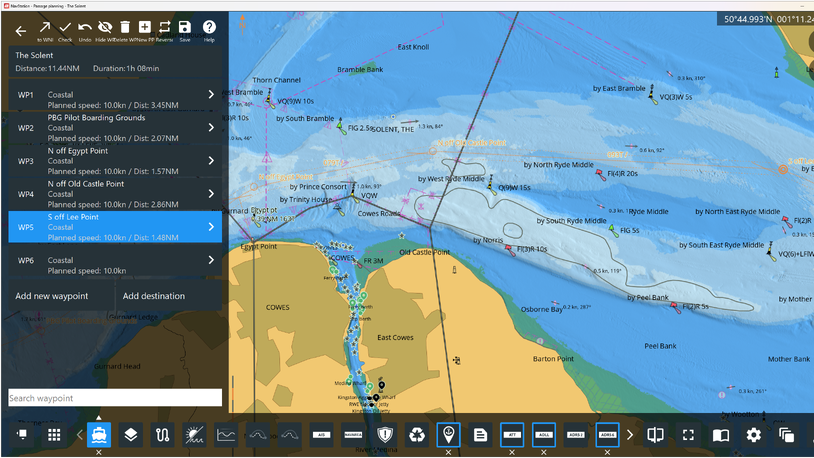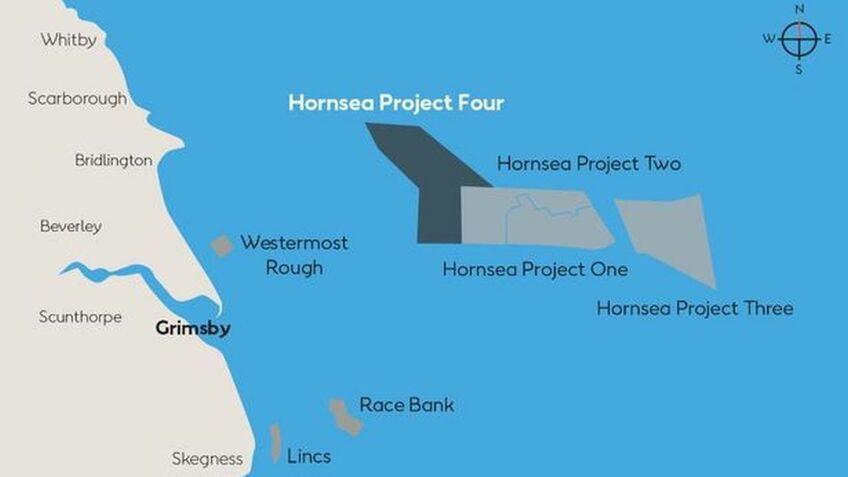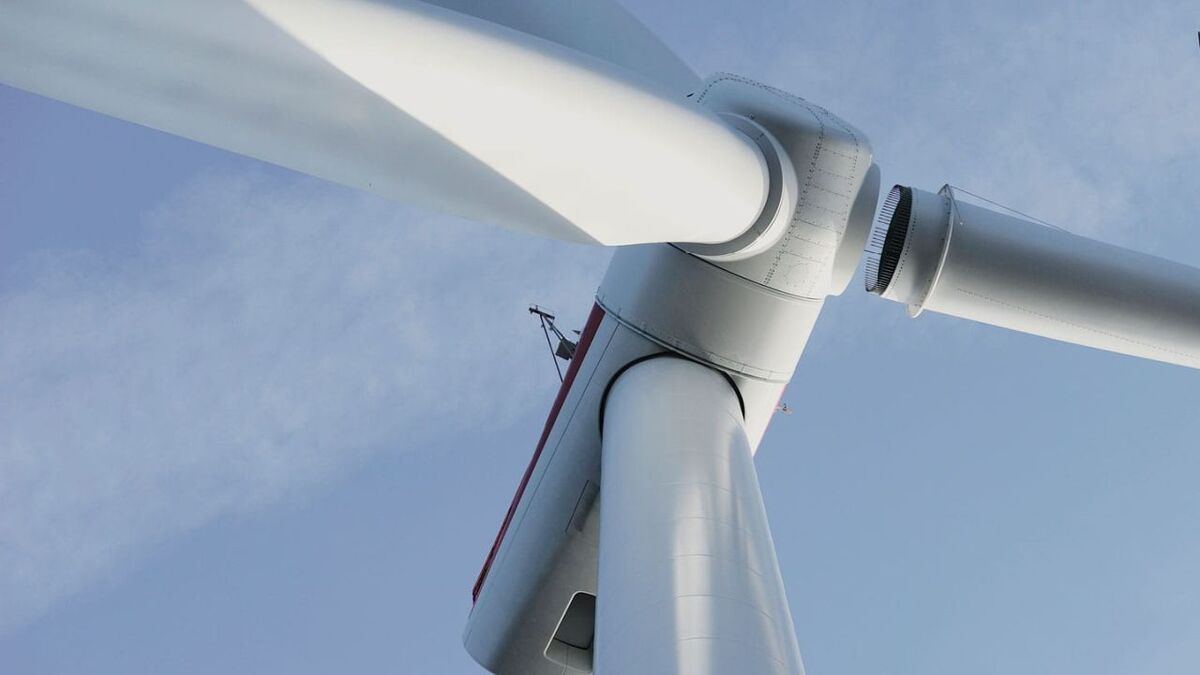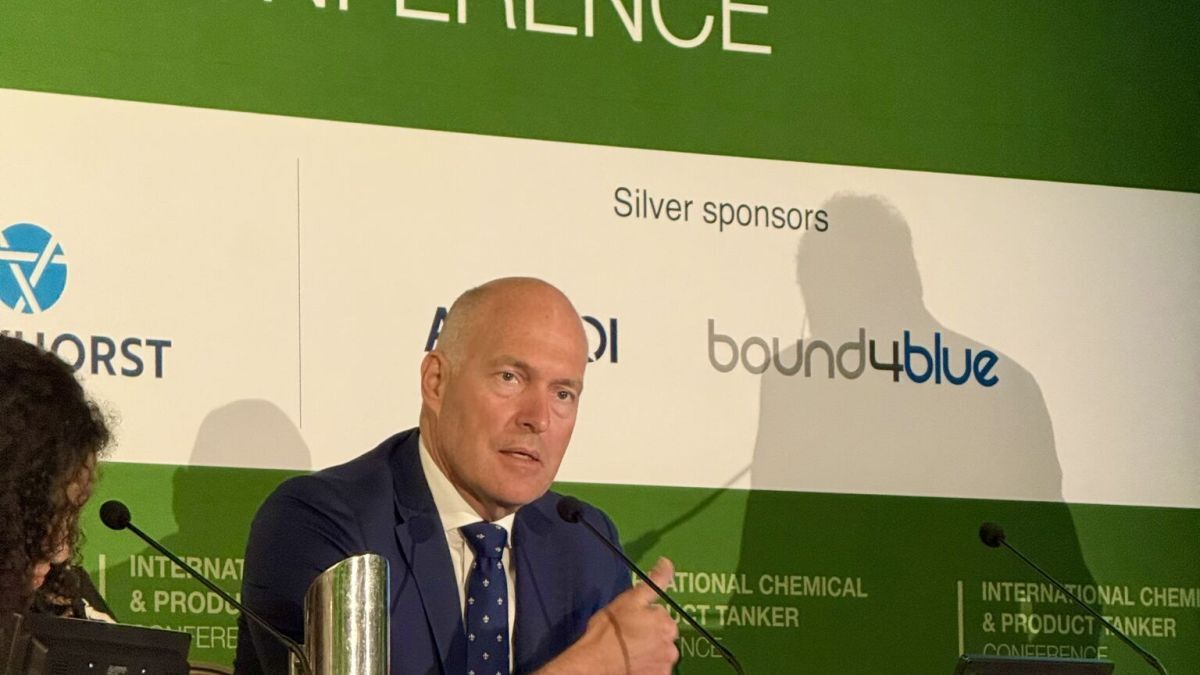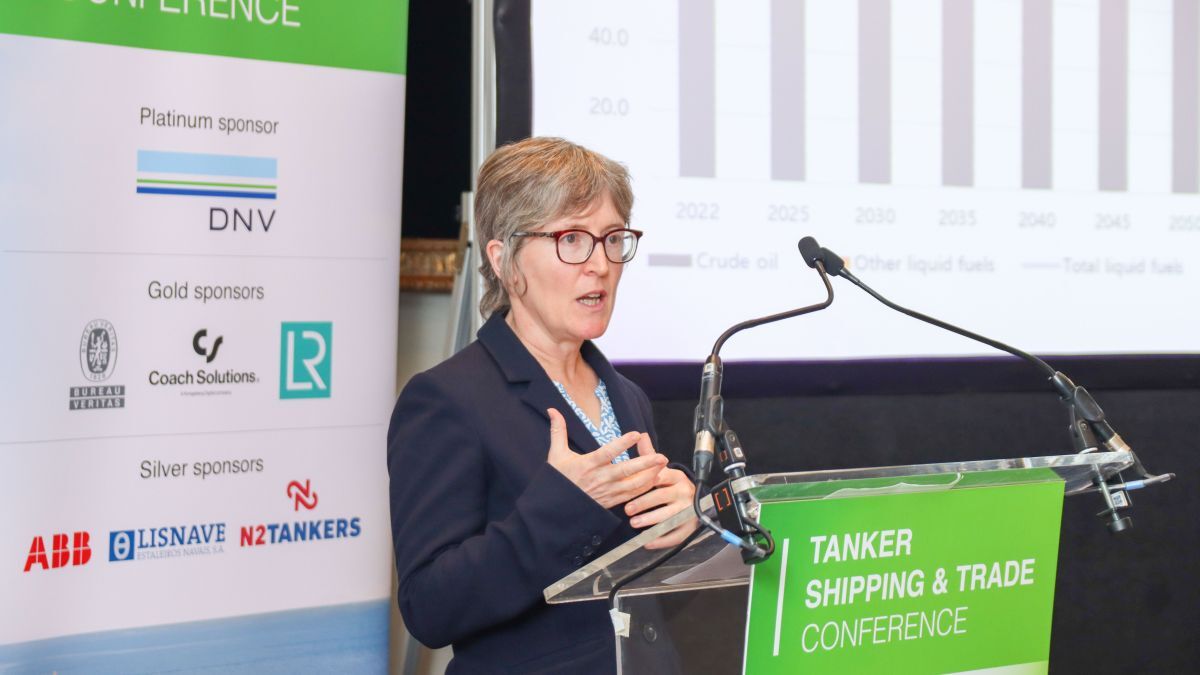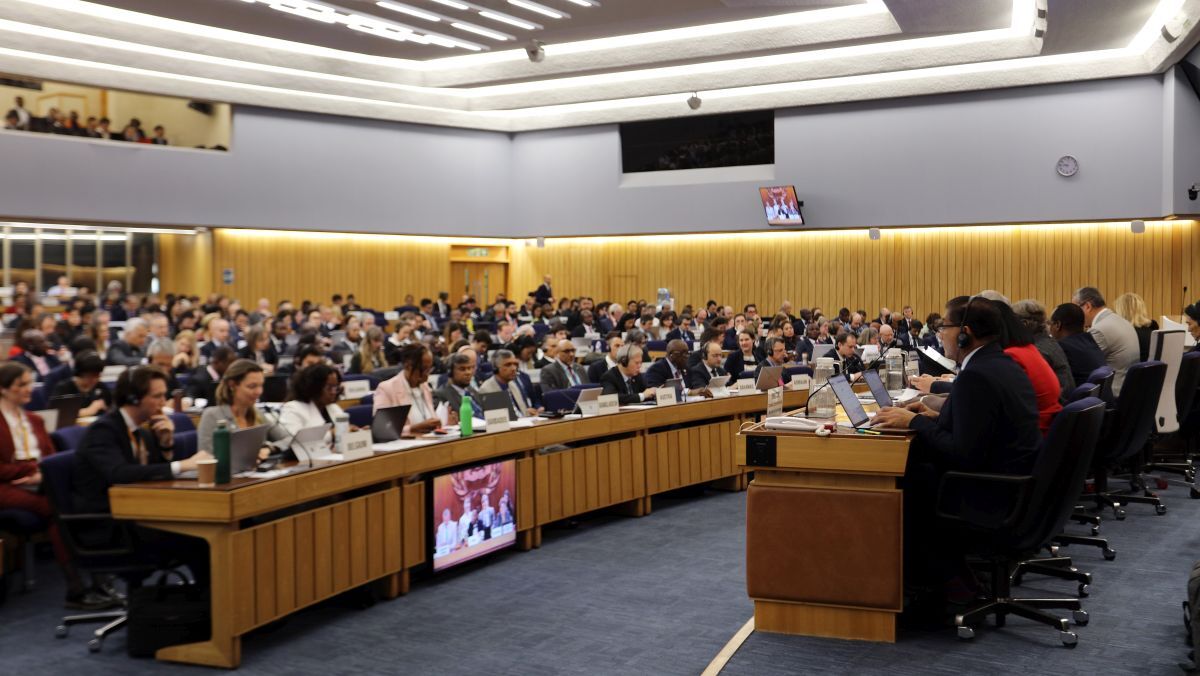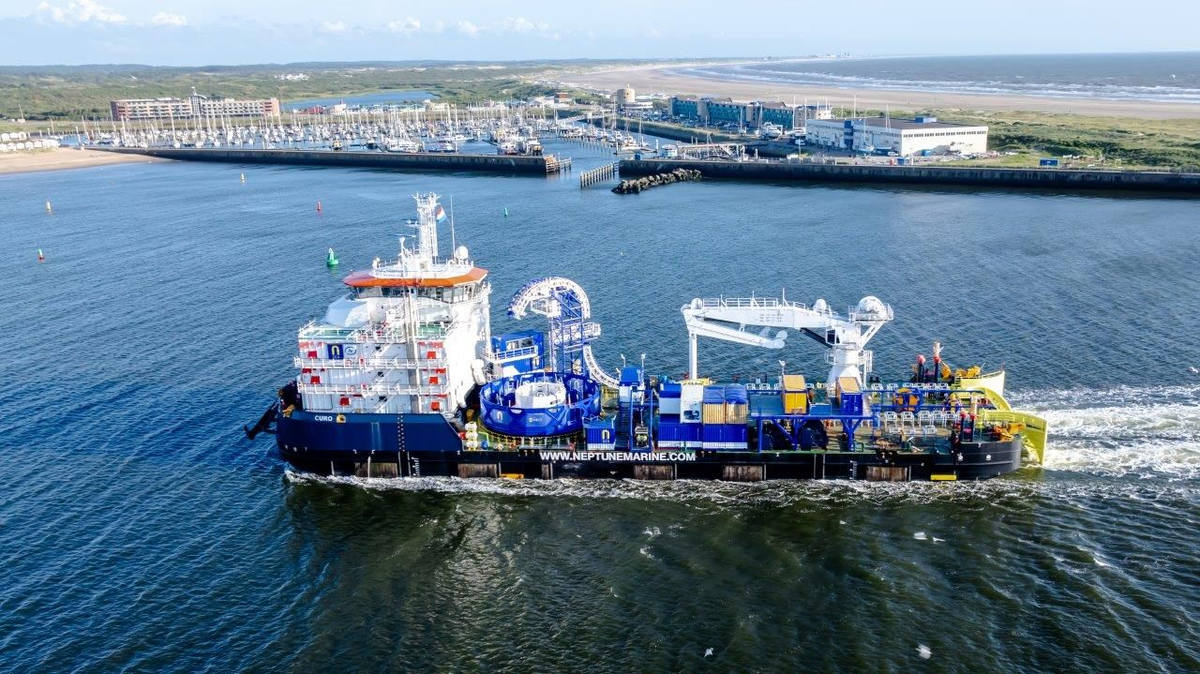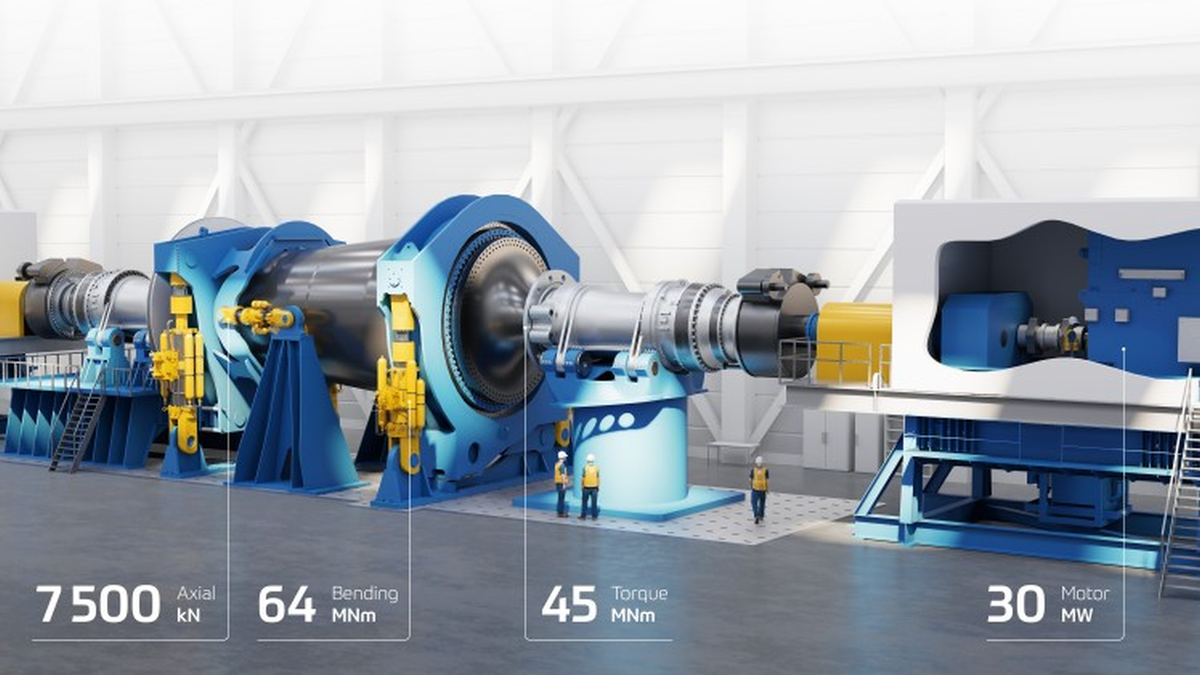Business Sectors
Events
Contents
Bird charity’s concerns see consent decision on Hornsea 3 delayed
UK Energy Secretary Andrea Leadsom has postponed a consent decision for Ørsted’s huge Hornsea Project 3 offshore windfarm because of concerns expressed by the Royal Society for the Protection of Birds
The Secretary of State said a decision on the 2.4-GW offshore windfarm would be postponed until 31 March 2020, from 31 December 2019.
On 6 September 2019, the RSPB wrote to the Department for Business, Energy & Industrial Strategy (BEIS) drawing attention to what it said it considered to be “significant new advice” from Natural England in respect of its position on the ’in-combination impacts’ on seabird populations in the North Sea arising from the construction and operation of offshore windfarms. “We consider it is relevant to your determination of the Hornsea 3 Development Consent Order (DCO),” the RSPB said.
The bird charity said the new advice from Natural England arose during the course of the examination of the Norfolk Vanguard offshore windfarm DCO application, which closed on 10 June 2019 and whose panel was due to report to BEIS by 10 September 2019.
“In addition to its relevance to the Norfolk Vanguard order, the RSPB considers the first two parts of Natural England’s advice, relating to in-combination adverse effects on the integrity of the Flamborough and Filey Coast special protection area (SPA), to be directly relevant and of great importance to your determination of the Hornsea Three Order,” said the charity.
“The RSPB considers the new advice is material to your determination of the Hornsea Three Order as Natural England sets out the interaction between the Norfolk Vanguard and Hornsea 3 schemes and concludes there will be an in-combination adverse effects on integrity on the Flamborough and Filey Coast SPA in respect of breeding gannets and kittiwakes, arising out of both applications.
“Given Natural England’s unequivocal advice, we consider it both prudent and appropriate for the Secretary of State to take this new advice into account in determining the Hornsea 3 Order in respect of the tests set out in the Conservation of Habitats and Species Regulations 2017 and the equivalent tests contained in the Conservation of Offshore Marine Habitats and Species Regulations 2017."
The charity said the new advice “bears directly on the adverse effect on integrity test under Regulation 63 and, if the Secretary of State agrees with Natural England’s advice, the need to address the subsequent derogation tests under Regulation 64 (alternative solutions and imperative reasons of overriding public interest) and Regulation 68 (compensatory measures).
“To date,” it said, “matters under Regulations 64 and 68 have not been fully tested in respect of offshore windfarm schemes in the UK. In this context, we consider it would be important for the Secretary of State to invite further submissions from all interested parties upon these matters. Such matters, especially compensatory measures, were not fully explored at the Hornsea Three examination.”
“If the Secretary of State agrees with Natural England’s advice, in order to consent the Hornsea 3 Order the Secretary of State will need to have clear evidence supplied by the applicant demonstrating that there are no alternative solutions that would deliver the electricity generation offered by this scheme, that there are imperative reasons of overriding public interest that justify the consenting of this particular scheme and, critically, evidence of the applicant’s ability to put in place effective measures to compensate for the impacts of the scheme,” the RSPB said.
Related to this Story
Events
Maritime Environmental Protection Webinar Week
Cyber & Vessel Security Webinar Week
The illusion of safety: what we're getting wrong about crews, tech, and fatigue
Responsible Ship Recycling Forum 2025
© 2024 Riviera Maritime Media Ltd.

